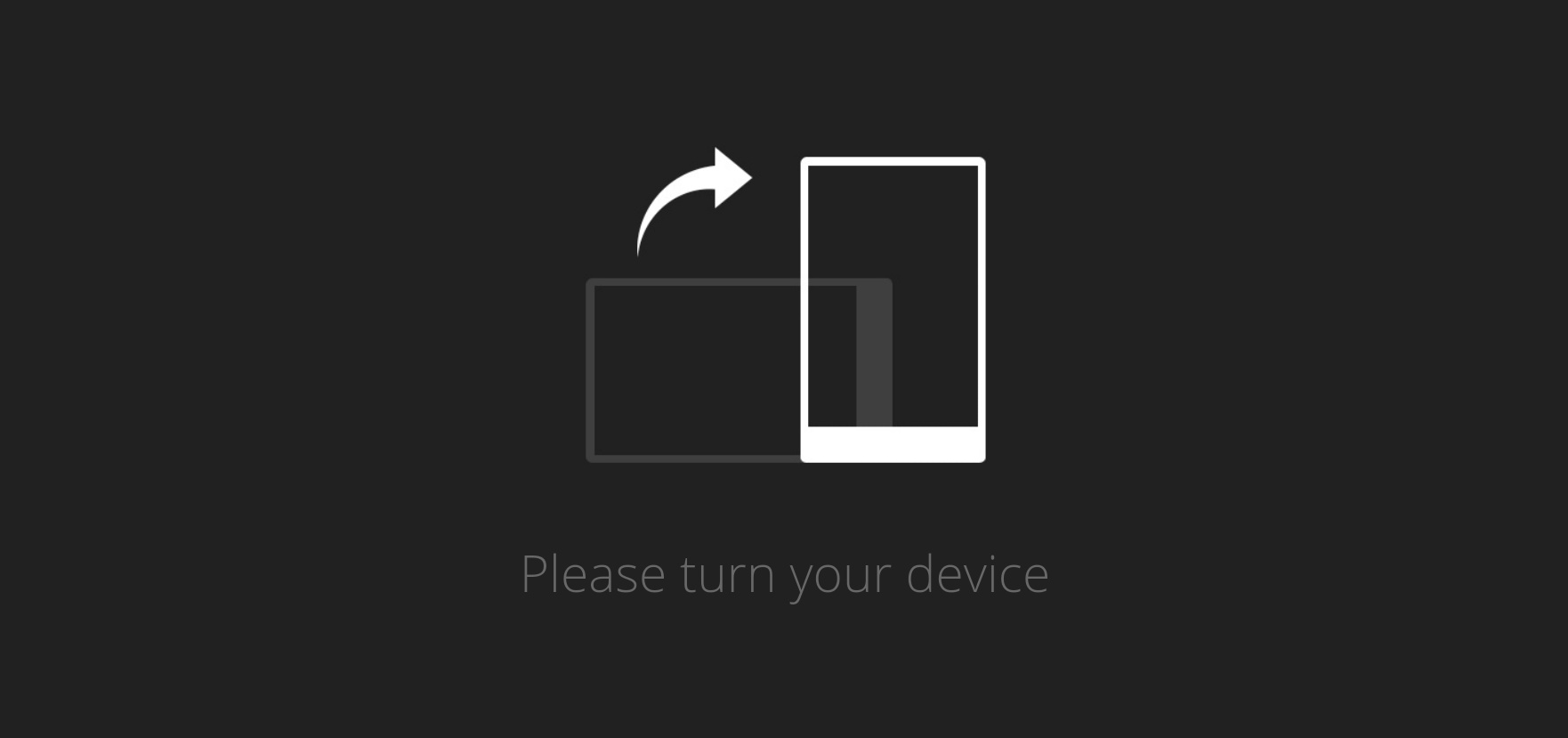
Pauline Hanson Is Returning To Politics And She’s A Good Chance To Win A Senate Spot
Words by Nathan Robertson
LOCK YOUR DOORS! PAULINE HANSON COULD WIN A SENATE SPOT!
HEAR-YE, HEAR-YE! The election seasons has officially begun, marked by the time-old announcement from Pauline Hanson that she is yet again running for parliament.
That’s right! She is at it again, the cockroach on the bottom of the shoe that refuses to go away is back and ready to enter the political sphere once more. Controversial right-wing politician, Hanson has been busy campaigning for the Senate in Queensland hell-bent on a political return after being ousted from The Lower House in 1998.
As one of Australia’s most contentious political figures, Hanson has made several failed attempts at re-entering politics over the last 18 years. Through tapping into the wave of xenophobic political angst that saw her rise to prominence in the mid-nineties, she hopes to grasp the chalice of politics once more. However, unlike previous attempts, the double-dissolution election and new changes to Senate voting make for a real chance she could be returned to Canberra.

Some of you may be asking who is Pauline Hanson or to put it another way, “Please Explain?” Well, Pauline Hanson is the supreme leader of the right wing political party – One Nation. She was initially elected to the Queensland seat of Oxley as a dis-endorsed Liberal Party candidate at the 1996 election, the same that saw John Howard sweep to power. Hanson was a paradox in the Parliament, and newly formed One Nation found electoral support on the back of divisive messages of anti-immigration and racist attitudes toward indigenous Australians.
A political force to be reckoned with, Hanson’s political messages resonated with the community and shaped much of the right-wing narrative of the late nineties and early thousands. It is even suggested that much of the Coalition’s hard stance on immigration (solidified in the 2004 ‘Tampa Election’) comes down to the spin and pressure from One Nation in the decade prior.
Now, with all this in mind, you are wondering – “but how? Weren’t the Senate reforms meant to stop minor parties being elected?”
Due to the double-dissolution election all seats of the Senate are up for grabs; meaning the number of votes needed to be elected is much lower than a normal ‘half Senate election’. This fact alone increases the likelihood of minor players getting elected. However, the double dissolution combined with changes to senate voting rules further increase the likelihood of a well-known outsider getting up as voters must now choose preferences themselves, rather than relying on the parties to do it for them.
For years, the major parties would direct preferences against One-Nation and Hanson, essentially preventing them from getting elected of the back of their preferences. Now that it is easier for Hanson to get elected, she is fully prepared to tap into to the conservative protest vote to scrape in for the last spot in the Senate.
Hanson is once again planning a campaign based on opposition to refugees and limits to foreign investment whilst also claiming support for a ban on mosques, Sharia Law, Halal and Muslim refugees. Singing a tune similar to presidential hopeful Donald Trump, Hanson divisive nature could drum up support from those who feel disenfranchised by the major parties.

If the past is anything to go by, Hanson is a political force to be reckoned with and is someone who if elected could hold considerable influence on the structure of our political establishment. A return to Canberra could see a sharpening of these polarising views, and even from the fringes of the political class this is a dangerous prospect.
